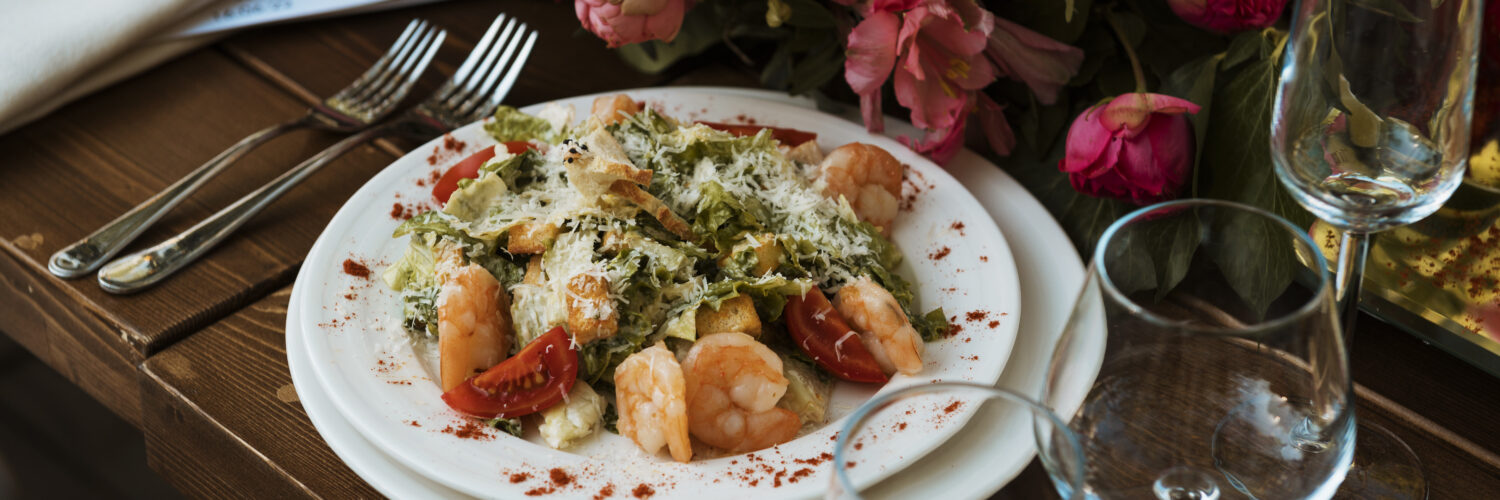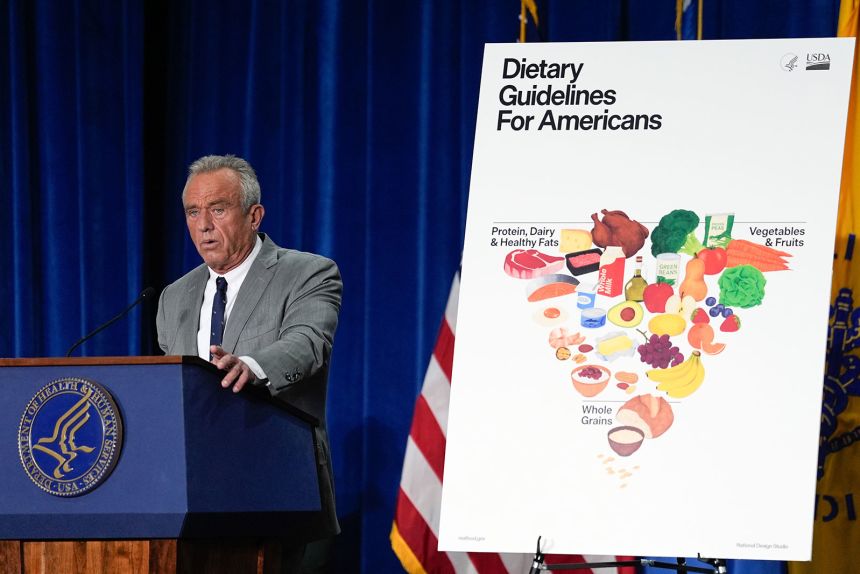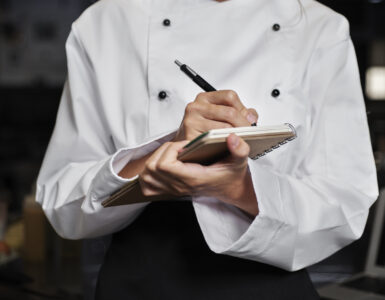Operating a fine dining restaurant in Florida is more than a culinary pursuit—it’s a sophisticated business venture that involves navigating a landscape of elevated expectations, high overhead, and region-specific exposures. The Sunshine State may offer some of the most sought-after dining destinations, with its vibrant tourism economy, favorable year-round climate, and affluent clientele, but it also brings a complex web of risks that can threaten both profitability and brand reputation.
Fine dining establishments face unique operational challenges that go far beyond those of casual eateries. From the heightened cost of sourcing premium ingredients to the increased liability associated with alcohol service, every detail—from ambiance to food quality—adds pressure to deliver a flawless guest experience. Add Florida’s seasonal fluctuations, unpredictable weather patterns, and stringent regulatory environment, and it becomes clear why these restaurants need more than a standard insurance policy.
That’s why many successful restaurateurs turn to experienced partners like Commercial Insurance Services (CIS)—one of the best restaurant insurance companies Florida—for tailored, strategic coverage. CIS understands the intricacies of the fine dining industry and works with restaurant owners to design customized insurance portfolios that safeguard every corner of the business. The goal? Protect revenue, reputation, and resilience so Florida’s finest restaurants can thrive through every season.
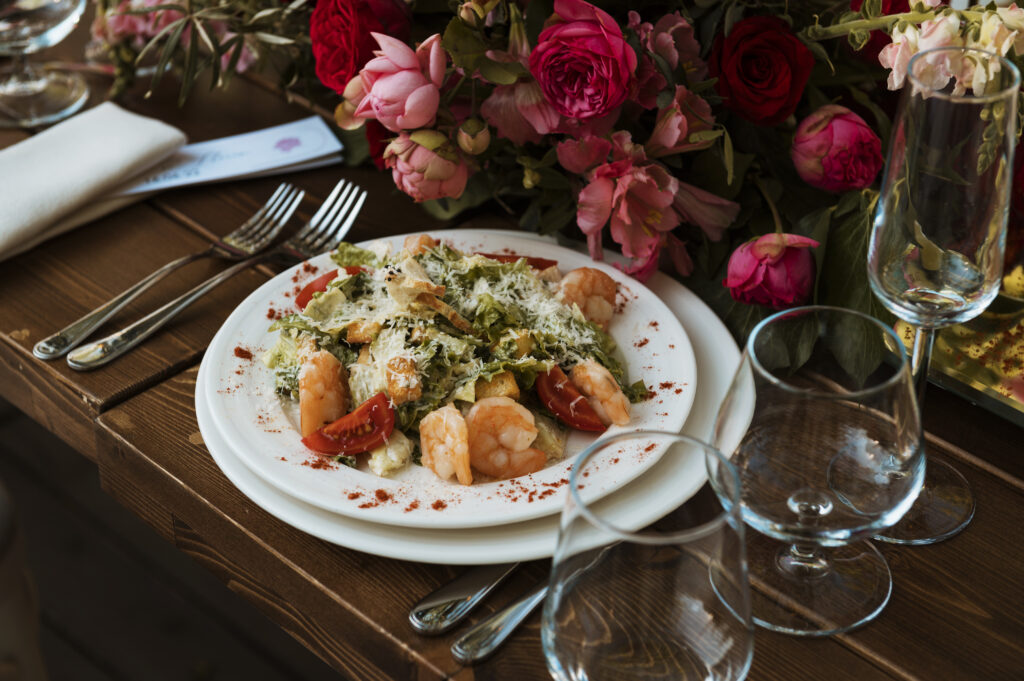
Florida-Specific Challenges That Complicate Risk Management
Hurricanes and Flooding
In Florida’s fine dining sector, one of the most persistent threats to operations is the seasonal risk of hurricanes and severe storms. Coastal and low-lying areas are particularly susceptible to flooding, wind-driven rain, roof damage, and extended power outages—all of which can result in costly repairs and forced closures.
For fine dining restaurants, where ambiance, refrigeration of premium ingredients, and uninterrupted service are essential, even a short-term disruption can translate into significant financial losses. Beyond physical damage, storms often lead to spoilage of inventory, cancelled reservations, employee displacement, and in extreme cases, long-term shutdowns due to structural or environmental issues.
Without the proper insurance protections—such as Business Interruption Coverage, Flood Insurance, and Property Insurance tailored to storm-prone regions—these establishments risk incurring unrecoverable losses. That’s why partnering with one of the best restaurant insurance companies Florida.
Regulatory Complexity
Navigating Florida’s regulatory environment is a challenge even for the most seasoned restaurateurs. Across the state, counties and municipalities enforce varying—and often changing—codes related to fire safety, building regulations, food handling, alcohol service, and health inspections. For fine dining establishments, which often feature custom interior designs, open-concept kitchens, and specialty equipment, the risk of accidental noncompliance is especially high.
A single overlooked detail—such as improper hood ventilation, expired fire suppression certifications, or noncompliant food storage—can trigger fines, forced shutdowns, or even permit suspensions. Worse yet, regulatory violations may complicate or delay insurance claims if they are deemed to have contributed to a loss.
Fine dining restaurants cannot afford these kinds of interruptions. Ensuring compliance requires not only internal diligence but also proactive risk assessment from experienced professionals. Working with one of the best restaurant insurance companies Florida.
Seasonality and Staffing Volatility
Florida’s hospitality industry is closely tied to the ebb and flow of seasonal tourism. For fine dining restaurants, this creates significant operational challenges—particularly in staffing. During peak tourist seasons, the demand for front-of-house and kitchen personnel surges, often requiring rapid onboarding of temporary or inexperienced employees. In contrast, off-season slowdowns may lead to high turnover and workforce instability.
This staffing volatility increases the likelihood of workplace accidents, service errors, and inconsistent adherence to safety protocols. New hires, undertrained or unfamiliar with high-end service expectations, are statistically more prone to on-the-job injuries and mistakes that can lead to liability claims or customer dissatisfaction.
To mitigate these risks, fine dining establishments must have robust Workers Compensation Insurance and Employment Practices Liability Insurance (EPLI) in place. Partnering with one of the best restaurant insurance companies Florida, ensures that coverage accounts for seasonal hiring practices, fluctuating payrolls, and industry-specific exposures.
Rising Insurance Premiums
Florida consistently ranks among the states with the highest insurance premiums in the country—a trend driven largely by its coastal geography, history of hurricane-related claims, and evolving market conditions. For fine dining restaurants, where overhead costs are already substantial, rising premiums can place additional strain on operational budgets.
Many restaurant owners may feel tempted to reduce coverage to cut costs, but doing so can expose the business to significant financial risk. On the other hand, overpaying for redundant or outdated policies can quietly drain resources that could otherwise be invested in growth or service improvements.
Navigating this balance requires expert guidance. Working with one of the best restaurant insurance companies Florida, allows fine dining establishments to take a proactive, informed approach to coverage.
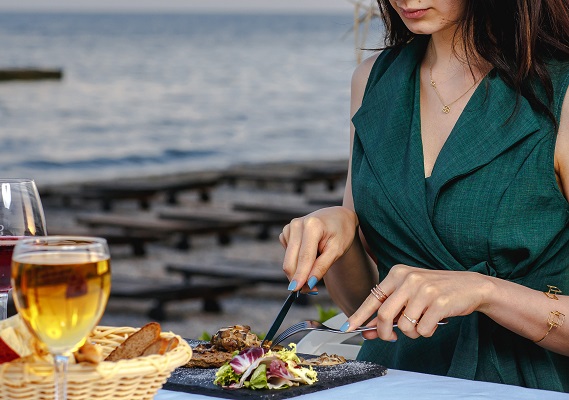
Why General Business Insurance Isn’t Enough
A standard General Liability policy may provide a basic safety net, but it often leaves gaps for fine dining restaurants. Unique risks in this sector require more robust and specific protections.
Inadequate Property Valuation
Most off-the-shelf property insurance policies are built around standard commercial spaces and fail to reflect the high-end finishes and investments found in fine dining environments. Custom millwork, imported chandeliers, wine cellars, artistic installations, and premium kitchen equipment are often undervalued or excluded entirely.
In the event of a fire, storm, or vandalism, this underinsurance can severely delay rebuilding efforts and leave restaurant owners facing large out-of-pocket expenses. By working with one of the best restaurant insurance companies Florida, fine dining operators can ensure their coverage accurately reflects the true value of their space—including hard-to-replace elements that define the guest experience.
Gaps in Liquor Liability
Serving alcohol inherently brings legal exposure, but in fine dining settings—where wine pairings, artisanal cocktails, and tasting menus are central to the concept—the risk is even greater. A General Liability policy may exclude or severely limit coverage for alcohol-related incidents, such as accidents involving intoxicated patrons or third-party injury claims.
Without a dedicated Liquor Liability Insurance policy, restaurants may be vulnerable to costly lawsuits and license issues.
Employee-Related Liability
Behind every elegant fine dining experience is a high-performing team of chefs, sommeliers, servers, and hosts—all working in a fast-paced, high-pressure environment. This makes these restaurants particularly susceptible to employee-related claims, including workplace injuries, harassment allegations, wrongful termination, and wage disputes.
Without the right Employment Practices Liability Insurance (EPLI) and Workers Compensation Insurance, a single employee incident can quickly escalate into a legal or financial crisis. One of the many advantages of working with the best restaurant insurance companies Florida, like CIS, is their ability to provide employment-related coverage tailored to high-end restaurant operations—helping owners protect both their workforce and their brand.
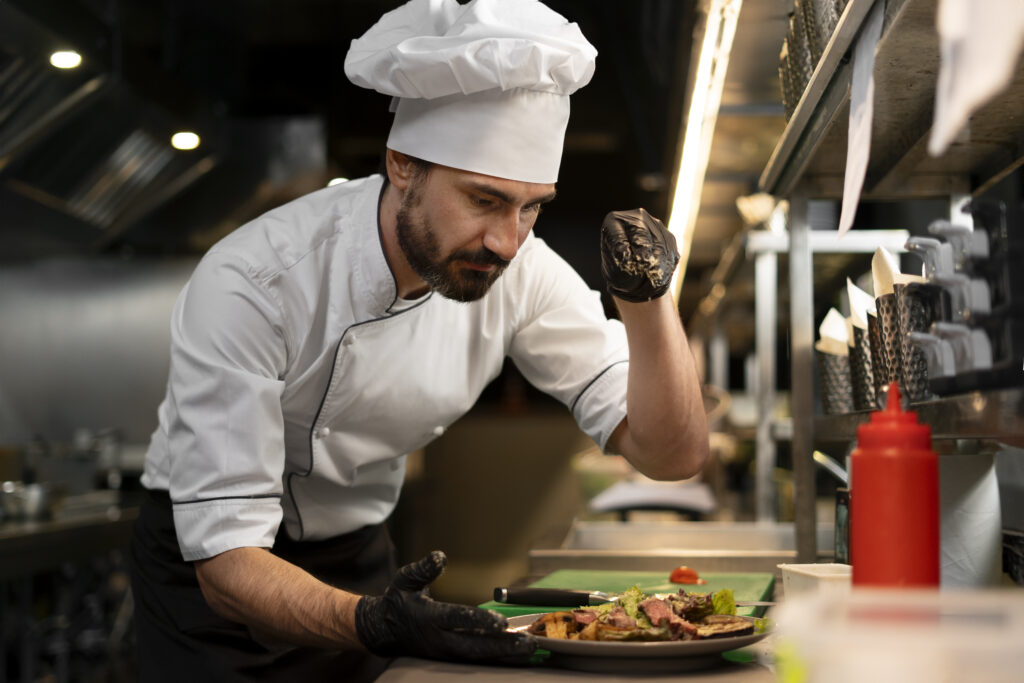
Comprehensive Coverage Areas Every Fine Dining Establishment Should Consider
General Liability Insurance for Fine Dining Restaurants
General Liability Insurance serves as the foundation of most commercial coverage—but for fine dining restaurants, it must be enhanced to account for the unique risks of high-touch, high-traffic environments.
Key Risk Areas:
- Slip-and-fall accidents: Upscale dining rooms often feature polished flooring, dim lighting, and crowded table layouts, all of which increase the risk of customer injury.
- Foodborne illness claims: Even the perception of contamination can lead to lawsuits and significant reputational harm.
- Third-party property damage: Spills on guests’ personal belongings, valet-related damages, or mishaps with vendor equipment may lead to unexpected claims.
By partnering with one of the best restaurant insurance companies Florida, restaurant owners can ensure their General Liability coverage includes elevated policy limits and specialized endorsements that reflect the realities of fine dining service.
Workers’ Compensation Insurance for Florida Restaurants
Under Florida law, Workers Compensation Insurance is mandatory for restaurant employers. However, fine dining establishments—where operations are fast-paced and physically demanding—should work with an insurance partner who understands the need for industry-specific customizations.
Common Claim Scenarios:
- Kitchen injuries: Burns, knife cuts, and slip hazards are frequent in professional culinary settings.
- Front-of-house incidents: Hosts and servers are on their feet for long hours, often navigating crowded, narrow spaces—leading to muscle strain or trip hazards.
- Staff training issues: Seasonal or inexperienced employees may not follow safety protocols, increasing the risk of injury.
Commercial Property Protection
Fine dining restaurants are defined by their ambiance and equipment—elements that often exceed the scope of standard Commercial Property Insurance.
Key Valuation Considerations:
- Custom interiors: Imported lighting fixtures, bespoke seating, artistic installations, and luxury finishes require accurate appraisals to avoid underinsurance.
- Specialized equipment: Precision kitchen tools, such as sous vide machines, premium ovens, or temperature-controlled wine storage units, need specific valuation and coverage terms.
- Natural disaster risks: Located in a hurricane-prone state, Florida restaurants must include Flood Insurance, Hurricane Riders, and other disaster-specific endorsements.
As one of the best restaurant insurance companies Florida, CIS conducts detailed property assessments to ensure policyholders are not left exposed by valuation gaps or exclusions.
Business Interruption Insurance
Few fine dining establishments can afford a prolonged closure. Whether due to fire, storm damage, or another covered loss, Business Interruption Insurance helps sustain operations when physical doors are temporarily shut.
What This Coverage Includes:
- Revenue replacement: Covers lost income, ongoing payroll, rent, and utilities during insured disruptions.
- Extended recovery periods: Fine dining restaurants often require more time to reopen due to reinspection, staff rehiring, and rebuilding customer trust.
Liquor Liability and Special Coverages
Alcohol is central to the fine dining experience—but it also brings unique liability challenges that standard policies may not cover.
Specialized Coverage Areas:
- Liquor Liability Insurance
Alcohol service is central to the fine dining experience, yet it brings significant legal exposure. Liquor Liability Insurance protects the business against lawsuits stemming from incidents involving intoxicated patrons—whether they result in property damage, physical injury, or violations of state law. These claims can be financially devastating without dedicated protection.
- Event-Specific Coverage
Special events such as chef’s tables, wine pairing dinners, and private celebrations may introduce risks not covered under day-to-day policy terms. Event-specific endorsements ensure that temporary or unique service formats—often involving higher guest interaction or alcohol service—are properly protected against liability claims or property damage.
- Valuable Wine Collections
Many fine dining establishments house curated selections of rare or vintage wines. These collections can represent significant investments, but are frequently underinsured or excluded in basic property policies. Special endorsements for wine inventories are necessary to guarantee proper valuation, coverage for spoilage due to temperature loss, and replacement in the event of theft, breakage, or disaster.
For a helpful overview of key commercial insurance types—including property damage, business interruption, and liability coverage—restaurant owners can visit the Insurance Information Institute for detailed educational resources.

How to Evaluate the Best Restaurant Insurance Companies in Florida
Selecting a trusted insurance partner is as important as choosing a vendor or a sous chef. Restaurants should prioritize experience, customization, and accessibility.
-
Industry Expertise
Fine dining is not just another business—it’s a specialized segment within hospitality that demands precision, consistency, and discretion. The best insurance providers are those who understand the regulatory landscape, seasonal staffing challenges, and operational risks unique to Florida’s restaurant market. Look for agencies that have a proven track record serving restaurants and can speak your language—whether it’s food safety, fire code compliance, or hurricane preparation.
-
Customized Coverage Plans
One-size-fits-all policies often leave critical gaps, especially for restaurants with unique layouts, high-end equipment, and curated wine collections. The best providers will conduct a thorough risk assessment of your operation and build a plan that reflects your real exposures—not a pre-packaged solution based on a generic business profile.
-
Responsiveness and Claims Support
When a storm hits or an accident occurs during a dinner service, time is of the essence. Restaurants need an insurance partner who is not only available but also proactive in guiding them through claims, coverage updates, and compliance needs. Fast, reliable communication and support during a crisis can mean the difference between a temporary setback and a long-term closure.
Key Considerations for Hospitality Professionals
Managing Seasonal Workforce Risks
High employee turnover is a well-known challenge in the hospitality industry, and it intensifies during Florida’s peak tourism seasons. Fine dining establishments often rely on seasonal hires to maintain service levels, but frequent onboarding of new or temporary staff introduces heightened risk.
These risks include a greater likelihood of workplace accidents, training inconsistencies, and employment-related disputes—all of which can carry legal and financial consequences. To address this, fine dining restaurants must ensure their Workers’ Compensation and Employment Practices Liability Insurance (EPLI) policies are flexible and reflective of real workforce patterns.
By working with one of the best restaurant insurance companies Florida, restaurant owners can build policies that adjust with seasonal payroll changes and include proactive risk management support—ensuring both compliance and protection during staffing fluctuations.
Cyber Liability and Technology Risks
Fine dining operations increasingly depend on digital systems—from cloud-based POS terminals and online reservation platforms to customer loyalty databases and mobile ordering. With this reliance on technology comes a growing risk: cyberattacks.
Data breaches, ransomware, and payment system hacks can compromise sensitive customer information, interrupt operations, and trigger costly recovery efforts—not to mention the reputational fallout. Cyber Liability Insurance is essential for any modern restaurant, especially those with VIP clientele or high-volume online transactions.
CIS helps fine dining establishments identify cyber exposures and implement comprehensive Cyber Liability coverage that includes breach response, legal defense, and data recovery—providing critical protection in a digital-first dining landscape.
Utility Service Interruption Coverage
Electricity, gas, and water are non-negotiable necessities for any restaurant—but in fine dining, a utility outage can be catastrophic. From refrigeration failures that spoil premium inventory to service disruptions that cancel reservations, even short outages can lead to revenue loss and reputational damage.
Utility Interruption Insurance addresses these risks by providing financial compensation during covered service outages caused by external utility provider failures. For restaurants in Florida, where storms frequently impact infrastructure, this coverage is especially important.
As one of the best restaurant insurance companies Florida, CIS ensures its clients include Utility Services Riders within broader Business Interruption strategies, creating a comprehensive shield against operational disruption from all angles.
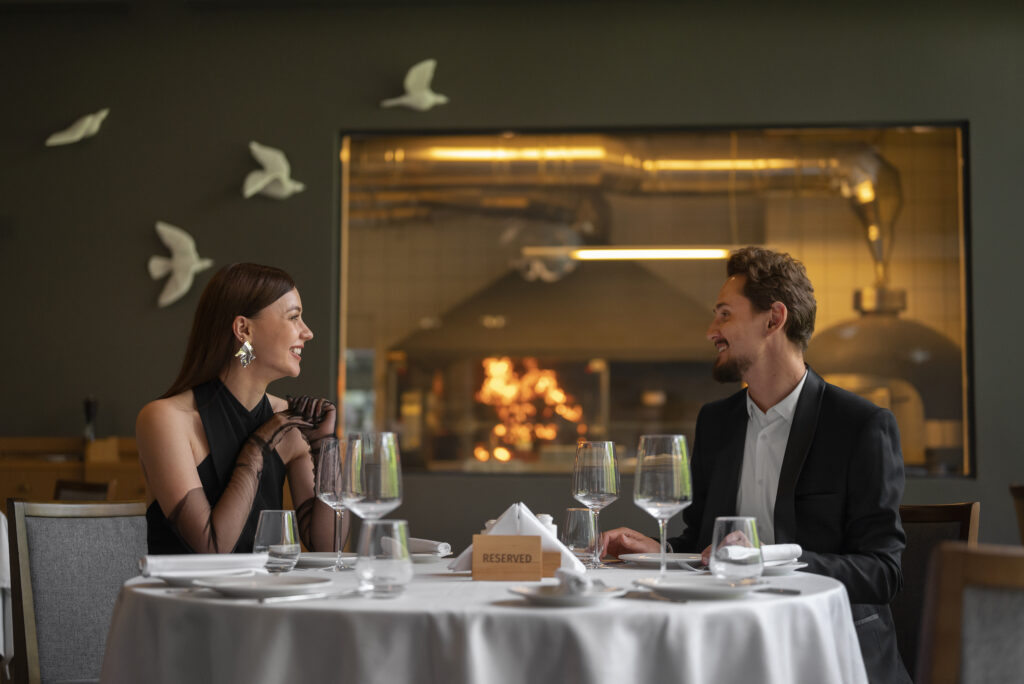
Regulatory and Licensing Risk Hotspots
Fire and Safety Compliance
Open kitchens, tableside cooking, and specialty culinary equipment elevate fire risk significantly. Florida’s fire codes require restaurants to maintain and regularly inspect hood ventilation systems, fire suppression units, and emergency exits. Noncompliance can lead to severe penalties—and may even invalidate property or liability claims after an incident.
Food Safety Regulations
Florida enforces strict health and food safety guidelines, covering everything from refrigeration protocols to cross-contamination prevention and employee hygiene. A single violation during a routine inspection can result in fines, public health alerts, or temporary shutdowns, all of which can damage a fine dining establishment’s reputation and bottom line.
Alcohol Licensing
Alcohol service is integral to the fine dining experience, but it comes with complex legal obligations. Florida restaurants must secure both state and local permits, adhere to service-hour laws, and ensure all staff are trained in responsible alcohol service. Failure to comply can result in license suspension or revocation—and may severely compromise a restaurant’s Liquor Liability Insurance coverage.
To better understand compliance requirements and permits in Florida, restaurant owners can refer to the U.S. Small Business Administration (SBA), which offers updated guides and resources specifically designed for small businesses in the hospitality industry.
Reducing Claims with Proactive Risk Management
In fine dining, prevention is often more powerful than protection. While insurance coverage is essential, reducing the likelihood of claims through proactive risk management is equally important. A strong risk culture not only safeguards the business but can also lead to lower premiums and faster claims resolution.
Key Risk Management Practices:
- Ongoing staff training: Employees should receive regular training in food safety, proper handling techniques, customer service standards, and emergency response protocols.
The National Restaurant Association offers practical resources on food safety, staff training, and industry-specific risk prevention programs tailored to restaurant operations.
- Preventive maintenance: Scheduled inspections of HVAC systems, kitchen ventilation, refrigeration units, and fire suppression systems can help detect and address potential hazards before they cause losses.
- Detailed incident documentation: Thorough records of all accidents, complaints, maintenance logs, and employee reports are essential in both the claims process and potential legal defense.
Partnering with one of the best restaurant insurance companies Florida, ensures that risk management isn’t an afterthought. CIS works hand-in-hand with restaurant owners to implement training protocols, conduct safety audits, and advise on maintenance schedules that align with industry standards—minimizing risks before they escalate.
Real-World Risk Scenarios from Florida Restaurants
Behind every policy is a real-life story of how insurance made recovery possible. Fine dining establishments across Florida have faced serious challenges—but those with comprehensive coverage and the right partner were able to weather the storm.
Hurricane Aftermath
A high-end coastal restaurant was forced to close for six weeks following severe flooding from a late-season hurricane. With Business Interruption Insurance, the restaurant was able to cover ongoing lease obligations, employee payroll, and utilities—avoiding layoffs and financial collapse.
Injury During Service
During a crowded Friday night dinner service, a seasoned server slipped on a damp tile floor and suffered a serious back injury requiring surgery. Because the employer carried tailored Workers Compensation Insurance, medical expenses and lost wages were fully covered, and the employee was able to return after recovery.
Food Allergy Lawsuit
Despite allergen warnings on the menu, a customer with a severe nut allergy experienced a medical emergency after dining. The restaurant faced legal action, but its General Liability and Product Liability endorsements helped cover legal fees and the eventual settlement, preserving both its finances and reputation.

These real-world examples underscore the importance of having a well-structured insurance portfolio—and the right guidance. CIS, recognized among the best restaurant insurance companies Florida, provides the strategic insight and responsive service restaurant owners need to navigate difficult moments with confidence.
Business owners looking to protect their restaurant operations can stay informed and empowered by connecting with Commercial Insurance Services (CIS) on social media or reaching out directly for a free, no-obligation quote tailored to their specific needs. Peace of mind begins with the right coverage—designed to match the risks and realities of the food service industry.
To learn more, visit https://usa-cis.com/ or contact one of their knowledgeable agents today:

